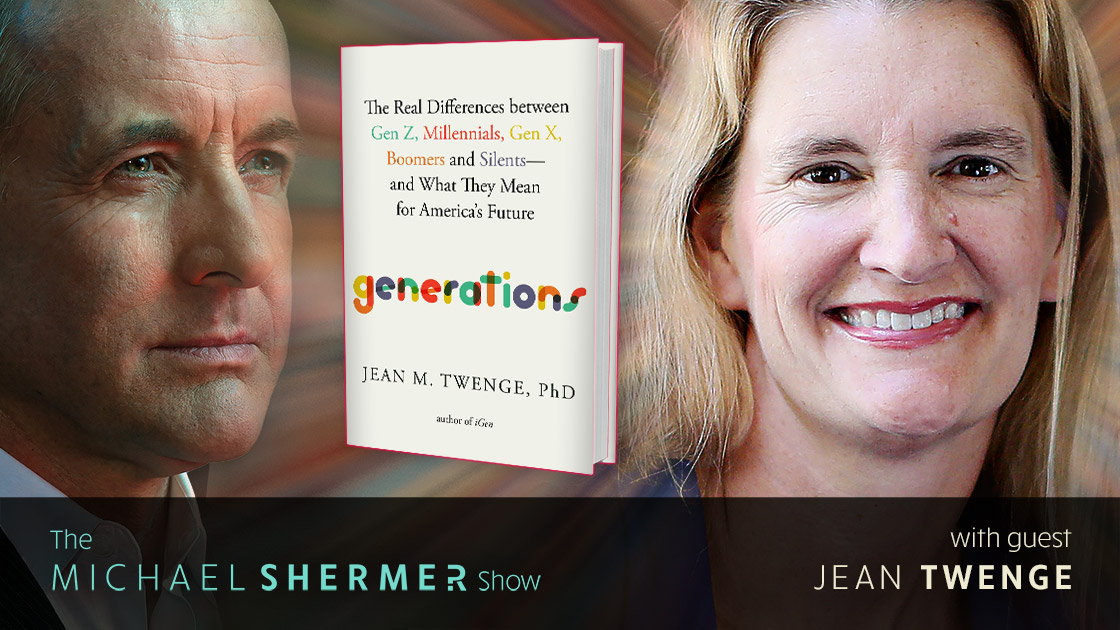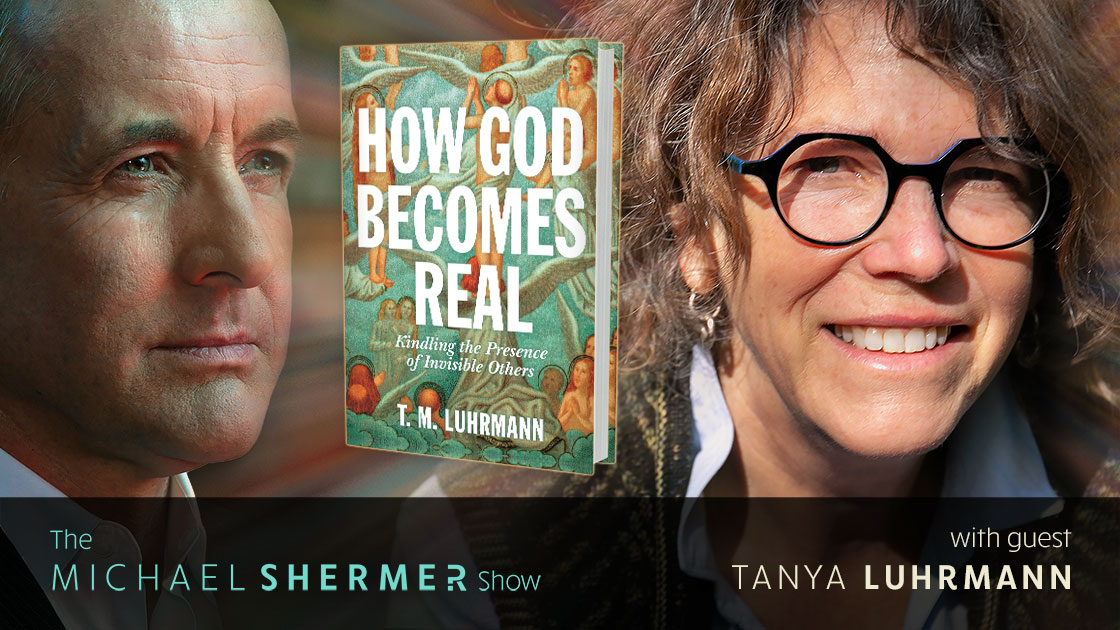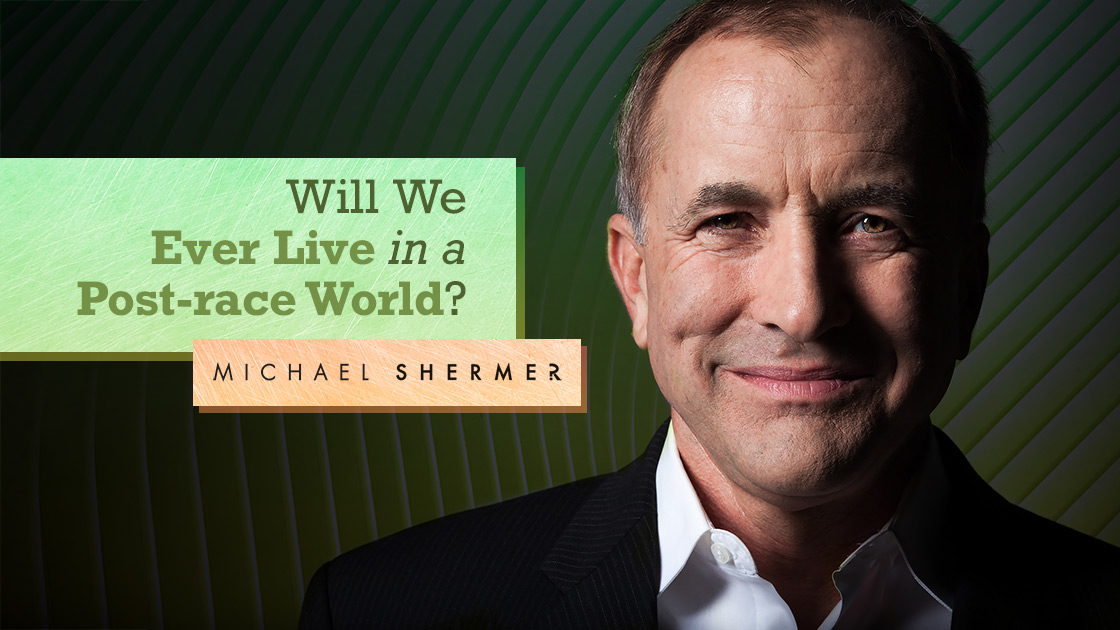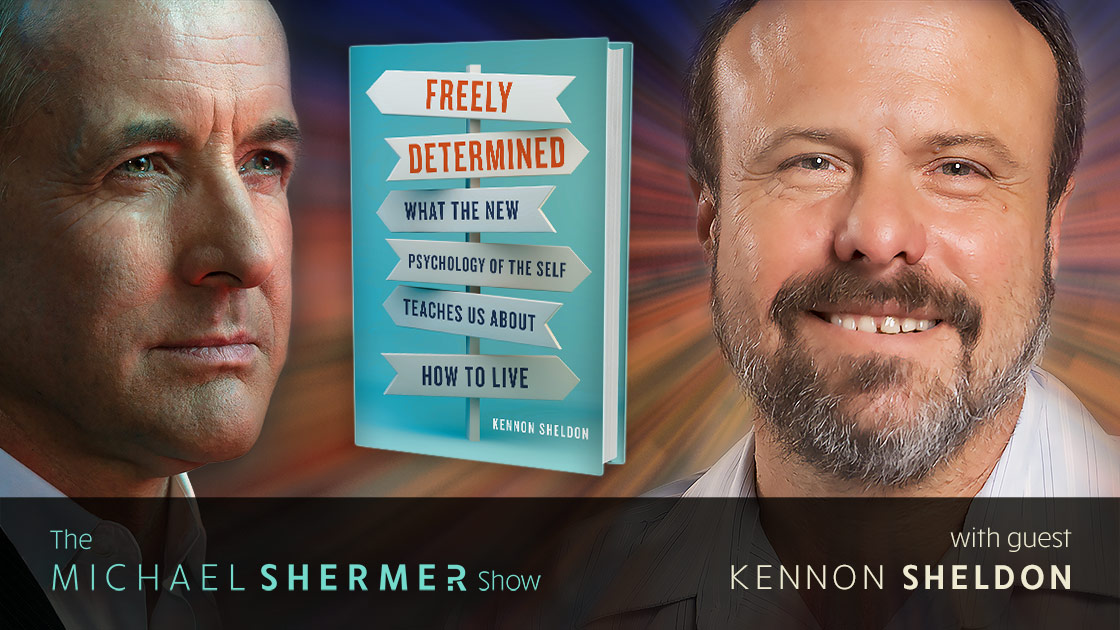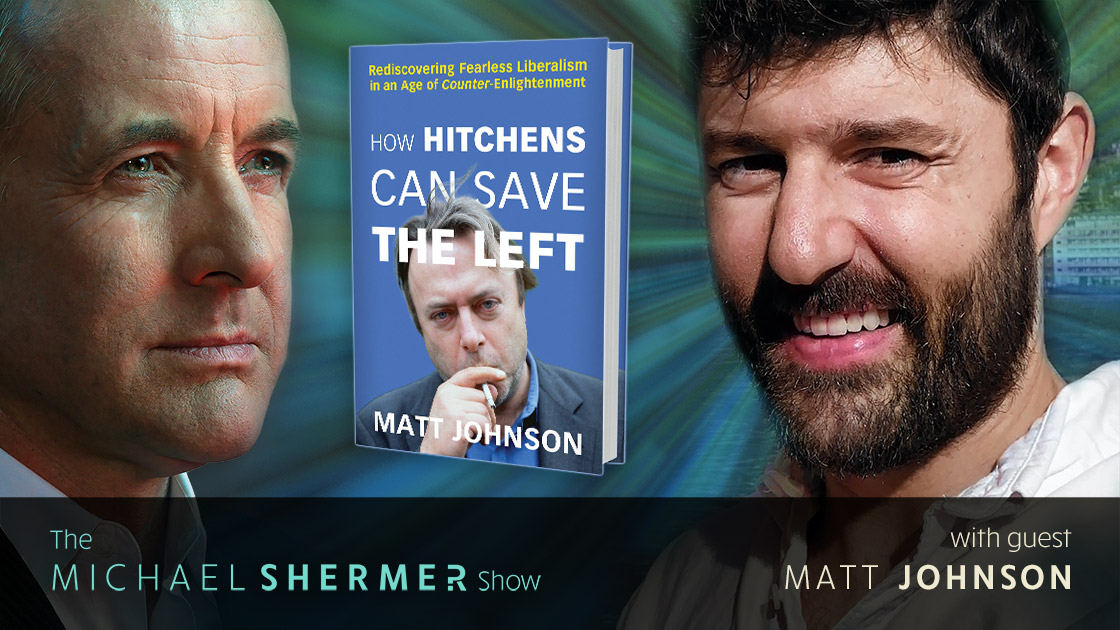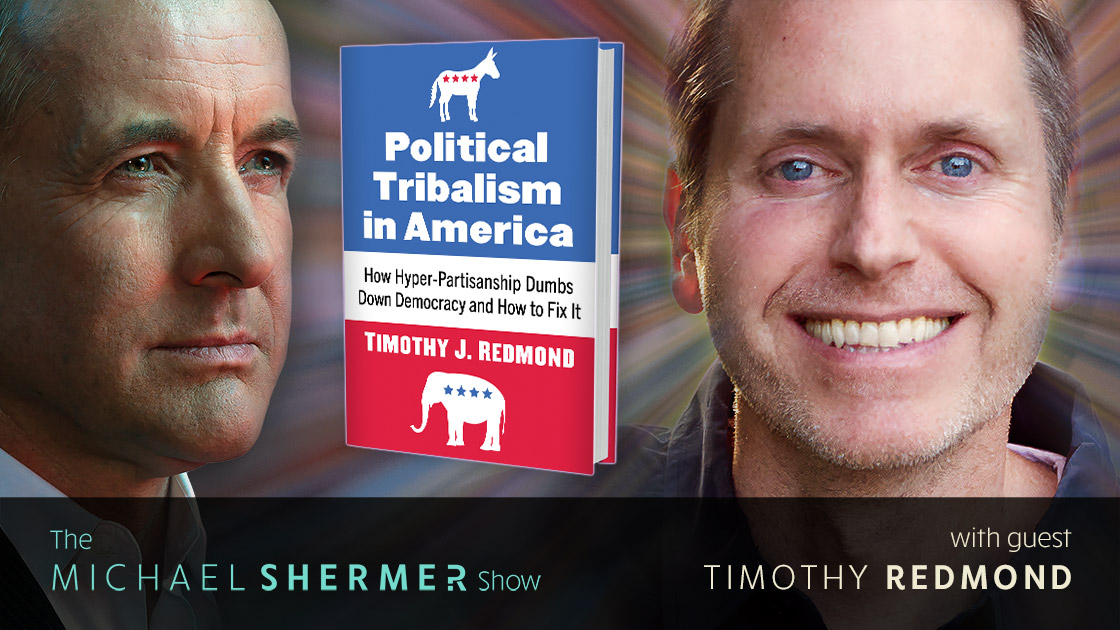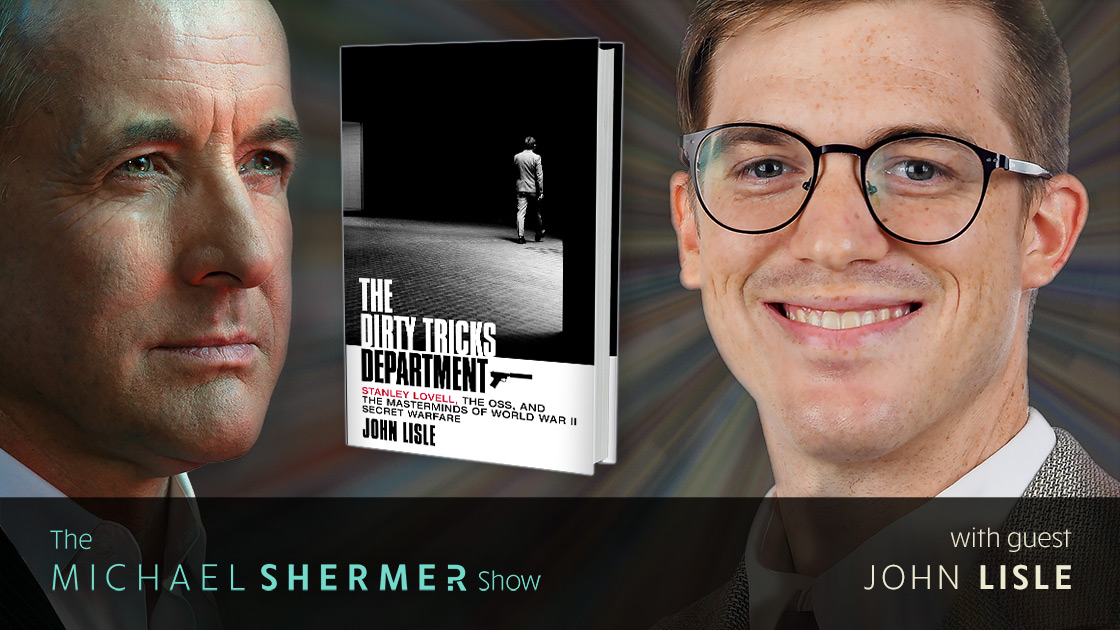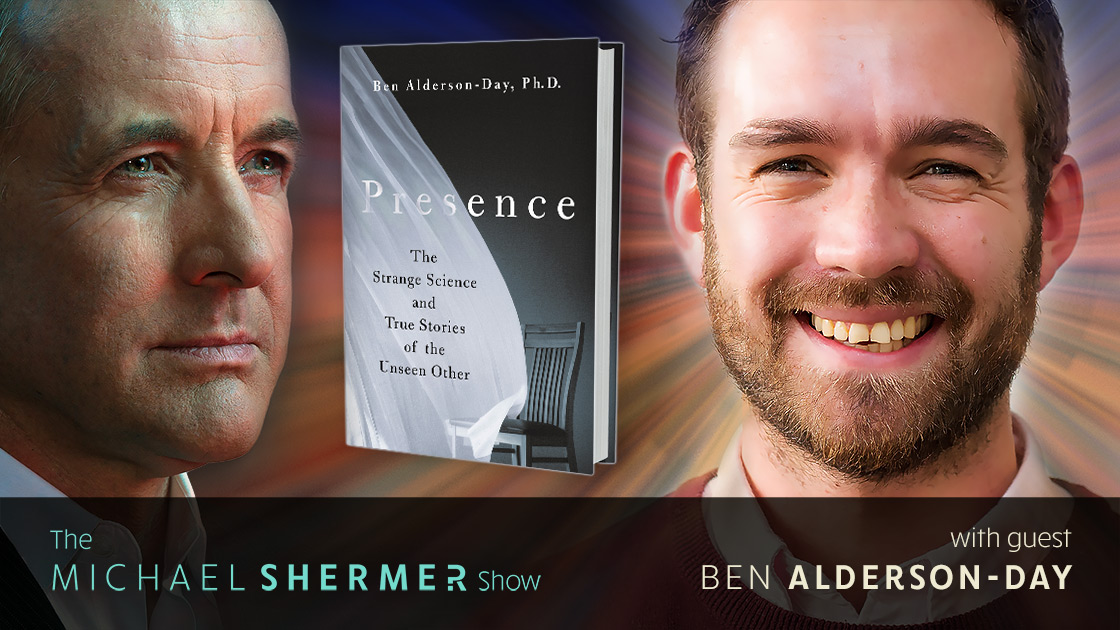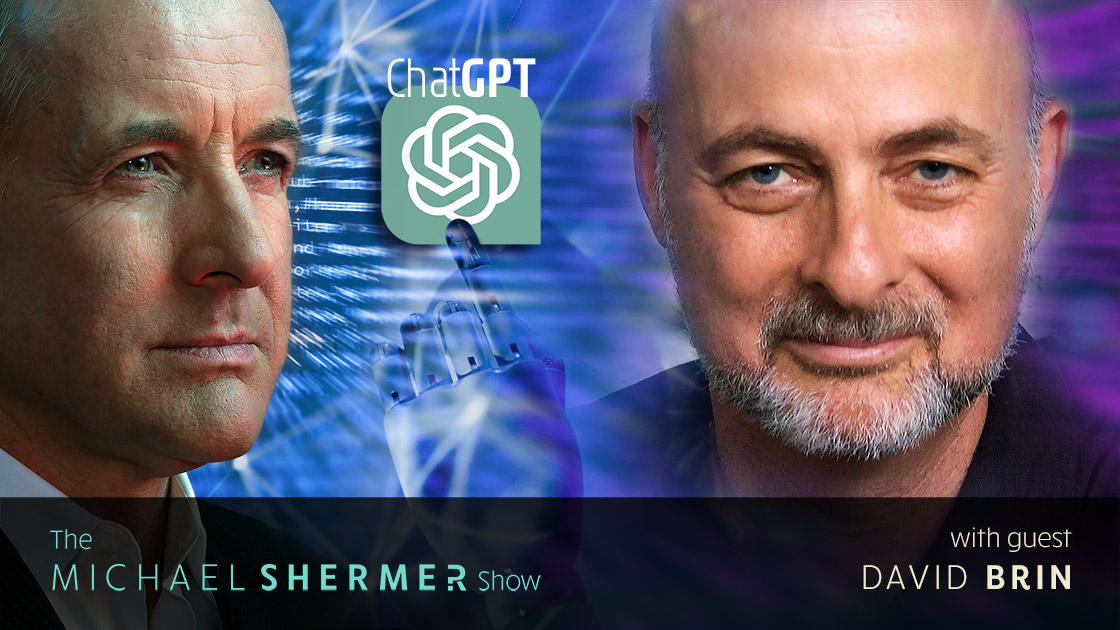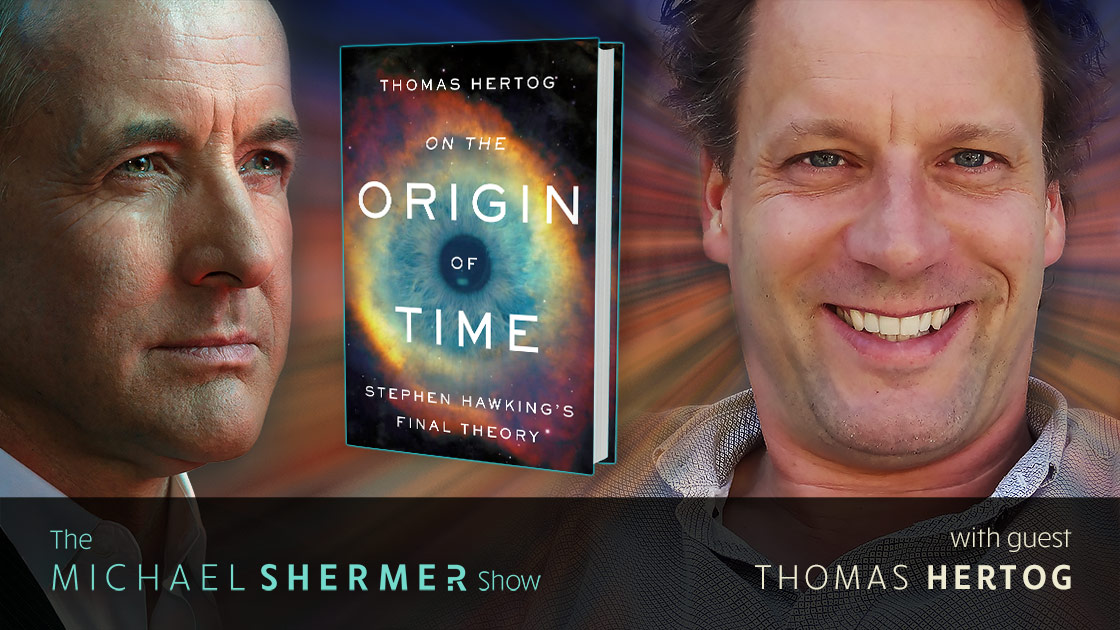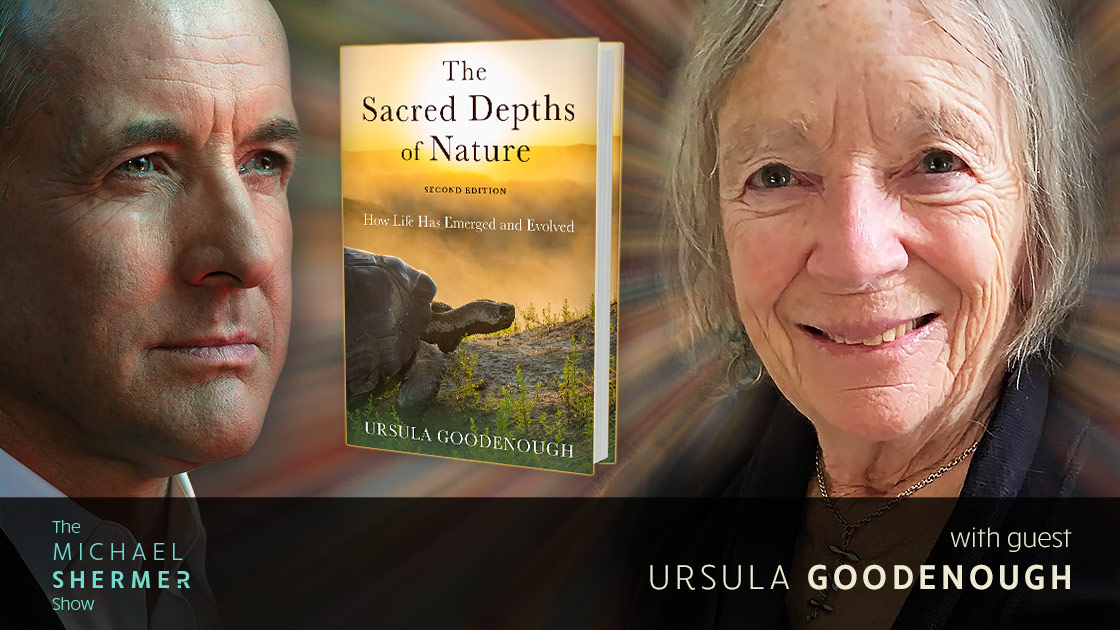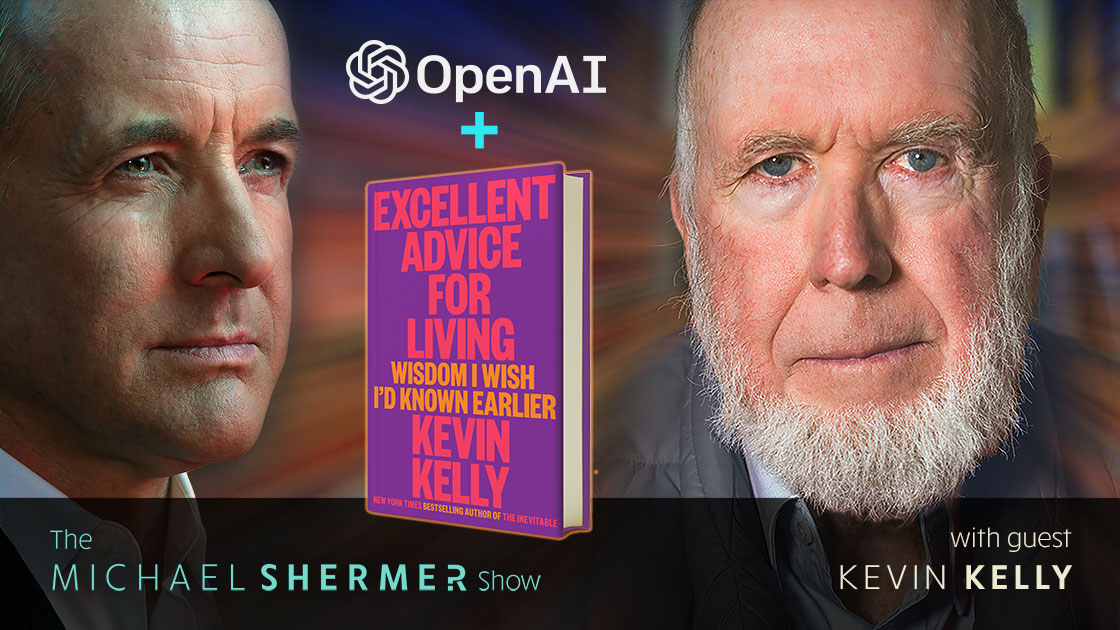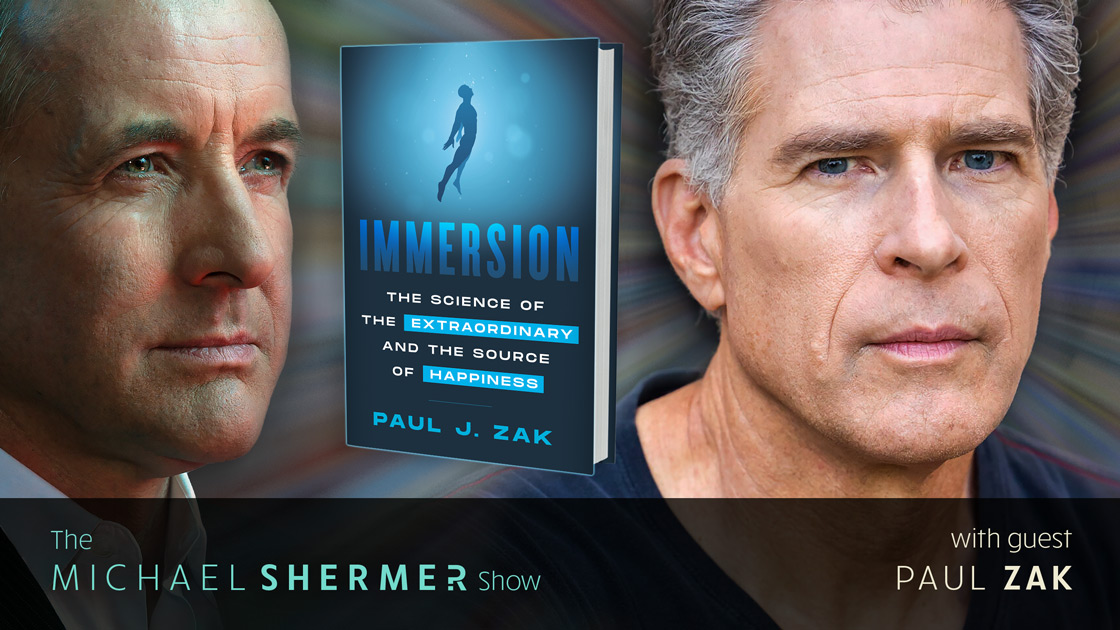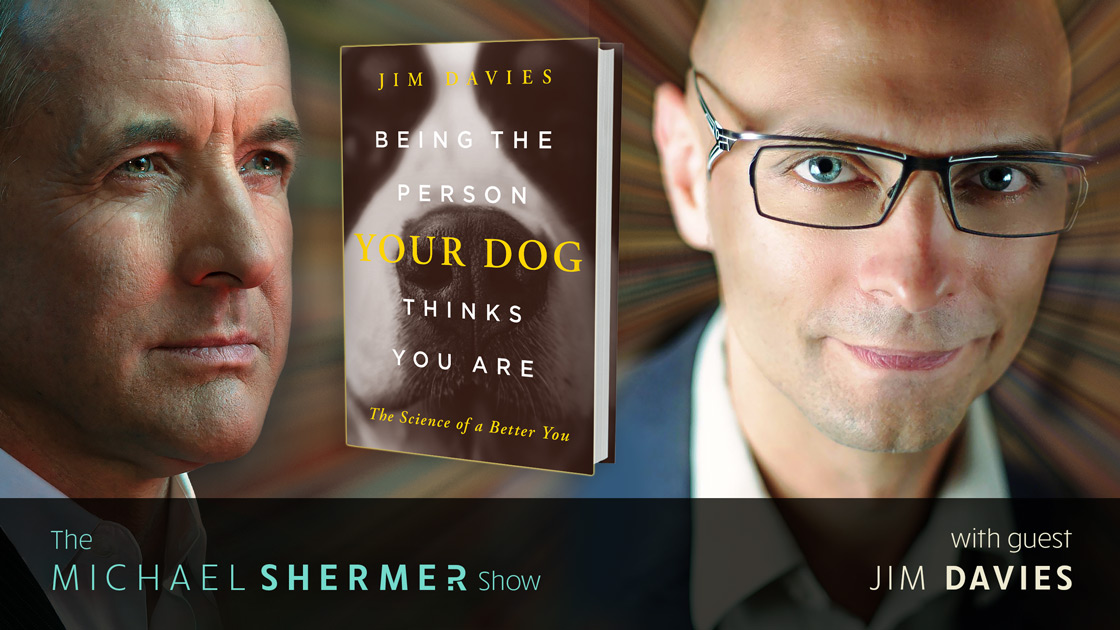Jean Twenge — Differences Between Gen Z, Millennials, Gen X, Boomers, and Silents, and What They Mean for America’s Future
Shermer and Twenge discuss: untangling interacting causal variables (age, gender, race, religion, politics, SES, big events, slow trends, time-period effects, and generational effects) • fuzzy sets/conceptual categories • how historical events effect generations: the Great Depression, WWII, the Cold War and its end, AIDS, 9/11, The Great Recession, Covid-19, #metoo, #BLM, trans, AI • how long-term trends effect generations • technology as a driver of generational differences • civil rights, women’s rights, gay rights, trans rights • abortion and reproductive…

